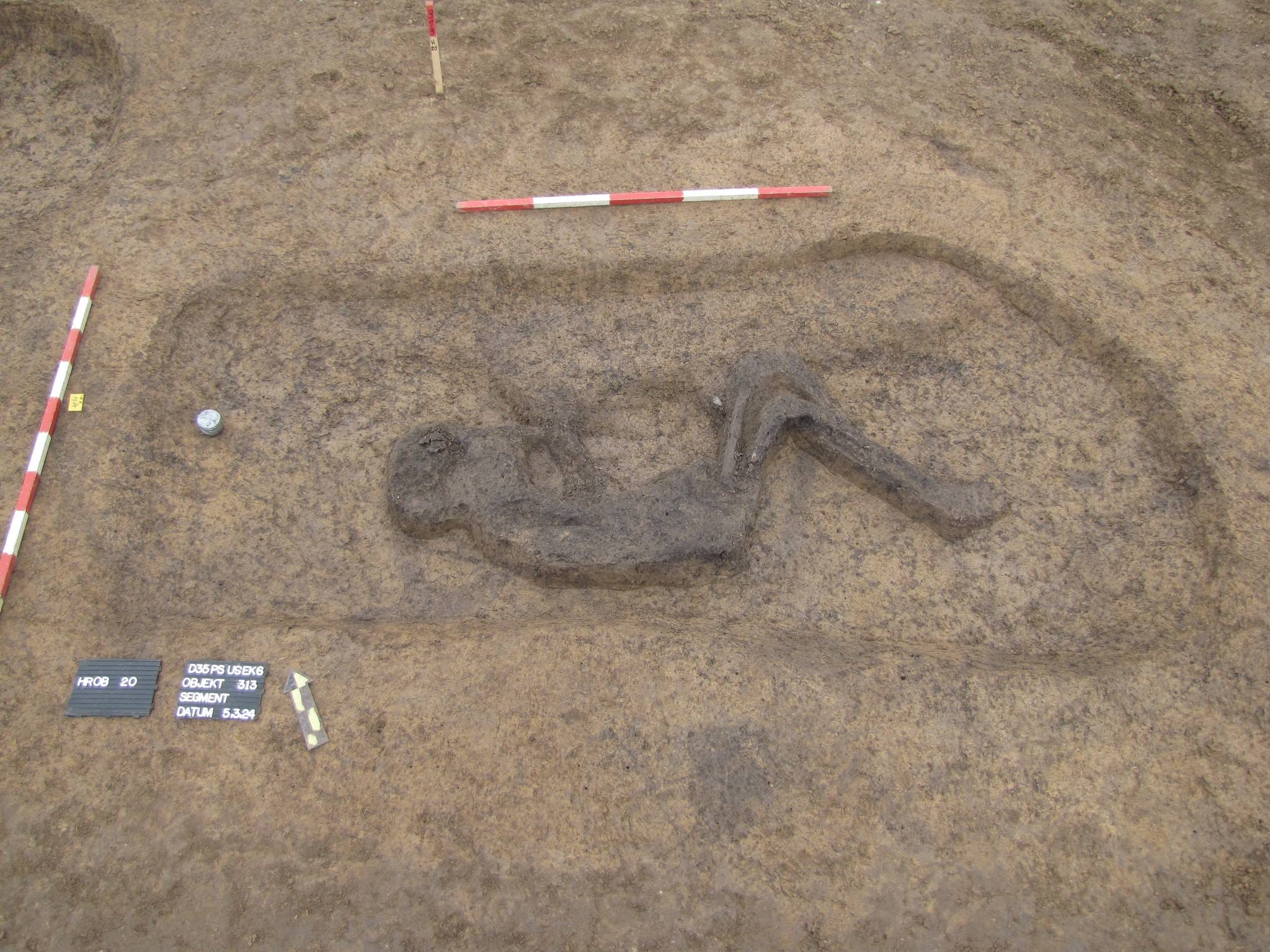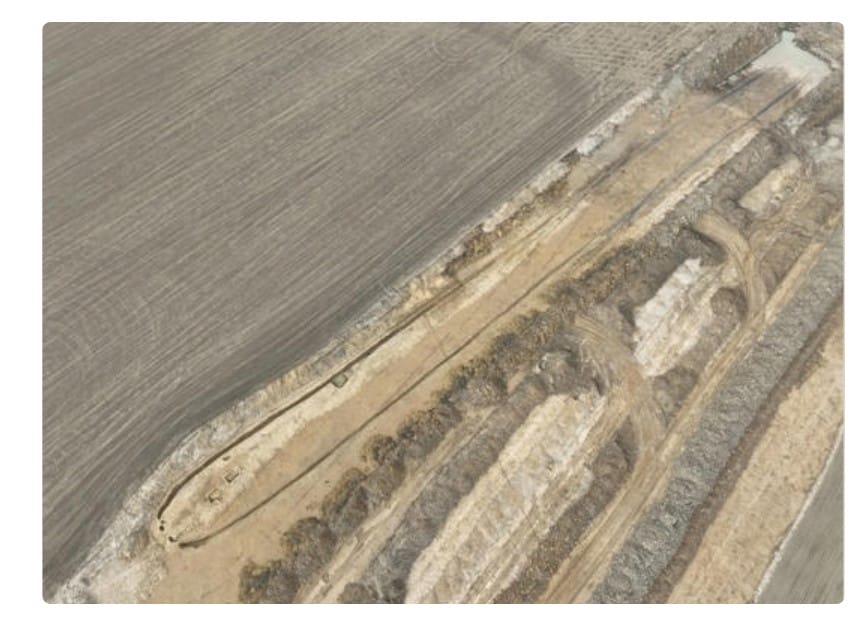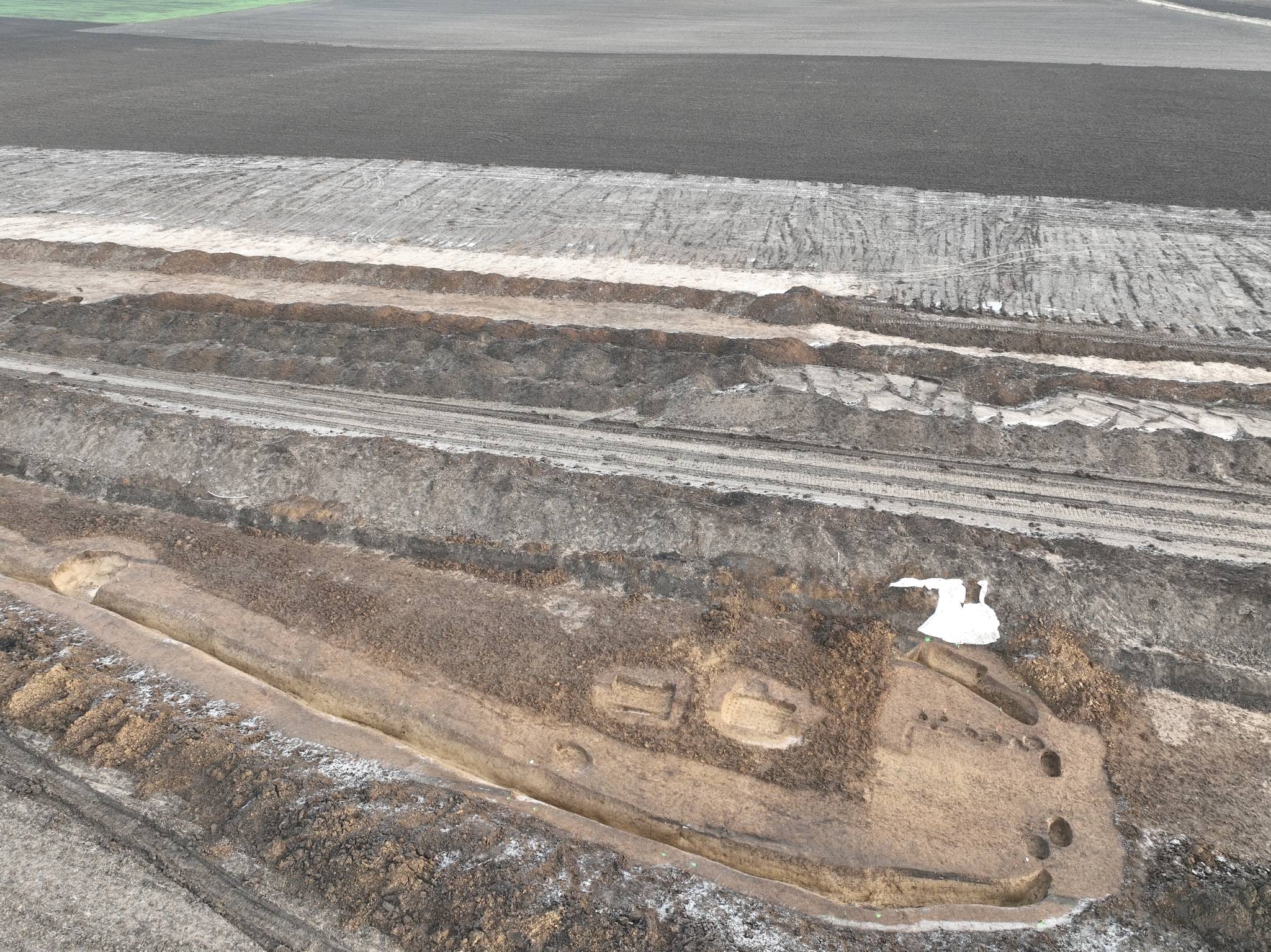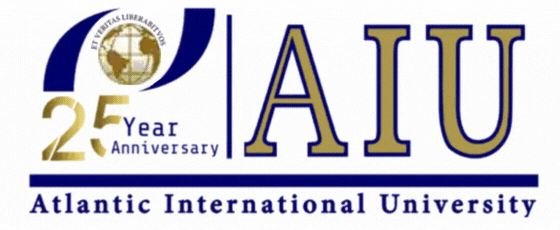- RESEARCHDistance Learning at AIU is enhanced by vast academic resources and innovative technologies build into the Virtual Campus: Hundreds of self-paced courses with video lectures and step by step lessons, thousands of optional assignments, 140,000 e-books, the Social Media & Networking platform allowing collaboration/chat/communications between students, and MYAIU develop students holistically in 11 areas beyond just academics.
- PROGRAMS OFFERED
- Areas of Study
- Courses and Curriculum
- Open Courses
- Register for a Program
- Associate Program
- Associate in Addiction Counseling
- Associate in Agriculture Food And Resources
- Associate in Anti Terrorism Security
- Associate in Behavior Analysis In Special Education
- Associate in Bioethics
- Associate in Climatology
- Associate in Cultural Theological Communication
- Associate in Culinary Arts
- Associate in Ecotechnology
- View all Associates Programs
- Bachelor Program
- Bachelors in Community Development
- Bachelors in Environmental Science
- Bachelor in Education (B.Ed, BS)
- Bachelors in Economics
- Bachelors in Entrepreneurship
- Bachelors in Financial Administration
- Bachelors in Human Resource Management
- Bachelors in Linguistics
- Bachelors in Nutritional Science
- Bachelors in Occupational Health and Safety
- Bachelors in Psychology
- View all Bachelor Programs
- Doctorate Program
- Doctor | of Biology (PhD)
- Doctorate in Business Administration (DBA, PhD)
- Doctor of Economics (PhD)
- Doctor of Electrical Engineering (D.Sc, PhD)
- Doctor of Finance (PhD)
- Doctorate in International Relations
- Doctorate in Information Technology (D.Sc)
- Doctor of Legal Studies (PhD)
- Doctor of Project Management (PhD)
- Doctor of Sociology (PhD, D.Sc)
- Doctorate in Sustainable Natural Resources Management
- View all Doctorate Programs
- Master Program
- Postdoctoral Program
- Postdoctoral in Animal Science
- Postdoctoral in Anti Terrorism Security
- Postdoctoral in Behavior Analysis In Special Education
- Postdoctoral in Bioethics
- Postdoctoral in Blockchain Technology and Digital Currency
- Postdoctoral in Business Management
- Postdoctoral in Cloud Computing
- Postdoctoral in Computer Engineering
- View all Postdoctoral Programs
AIU offers a wide range of majors in areas including the Arts, Business, Science, Technology, Social, and Human studies. More than 120 degrees and programs are available for adult learners at the associate’s, bachelor’s, master’s, doctoral and postdoctoral level. - VIRTUAL CAMPUS
Distance Learning at AIU is enhanced by vast academic resources and innovative technologies build into the Virtual Campus: Hundreds of self-paced courses with video lectures and step by step lessons, thousands of optional assignments, 140,000 e-books, the Social Media & Networking platform allowing collaboration/chat/communications between students, and MYAIU develop students holistically in 11 areas beyond just academics.
- ALUMNI
The world is YOUR campus!”, that is the message of AIU’s month magazine Campus Mundi. Hear the voices and see the faces that make up AIU. Campus Mundi brings the world of AIU to you every months with inspirational stories, news and achievements by AIU members from around the world (students and staff are located in over 200 countries).
Unearthing the Past: New Discoveries in Czech Archaeology

How do you think understanding ancient civilizations can influence our modern society and personal development?
What lessons from past societies do you believe are crucial for addressing contemporary global challenges?
How can studying archaeological discoveries inspire you to pursue a career in history or related fields, and what impact could that have on your life and community?
After reading the assignment, share your impressions and leave us your opinion on how this kind of discovery can affect our lives.
(Login to your student section to access the AIU Additional Resources Library.)
Unearthing the Past: New Discoveries in Czech Archaeology
At Atlantic International University, we take pride in fostering a unique educational environment that emphasizes experiential learning and non-traditional education. Our approach allows students to shape their own educational journey, blending self-instruction with guidance and a flexible curriculum tailored to individual needs. This innovative model supports personal development and aims to provide the ideal learning experience. Today, we delve into a remarkable archaeological discovery that not only uncovers our past but also enhances our understanding of human history.
A Monumental Discovery in Czech Republic
Recently, archaeologists from the University of Hradec Králové (UHK) made a groundbreaking discovery during excavations along a highway route in the Czech Republic. The team unearthed a massive prehistoric monument, a large burial mound measuring approximately 620 feet in length and about 50 feet at its widest point. This significant find sheds light on the burial practices and social structures of ancient communities in the region.

The 620-foot-long prehistoric burial mound unearthed in the Czech Republic during excavations along the route of the D35 highway. The funerary monument is thought to date to the 4th millennium B.C.© UHK Faculty of Arts
The importance of this discovery cannot be overstated. It provides valuable insights into the life and culture of prehistoric societies, helping us piece together the puzzle of human history. The burial mound, with its considerable size and complexity, suggests it was constructed for individuals of high status, indicating a structured and hierarchical society.

The Role of Archaeology in Understanding Human History
Archaeology plays a crucial role in uncovering the past and helping us understand the evolution of human societies. By studying ancient artifacts, structures, and remains, archaeologists can reconstruct the lifestyles, customs, and beliefs of long-gone civilizations. This knowledge not only satisfies our curiosity about the past but also informs our understanding of the present and future.
For instance, the recent discovery in the Czech Republic echoes other significant archaeological finds around the world. In 2020, a team of archaeologists uncovered a 5,000-year-old city in Egypt, revealing advanced urban planning and social organization. Similarly, the discovery of a 10,000-year-old settlement in Israel provided evidence of early agricultural practices and permanent habitation.

These discoveries highlight the ingenuity and adaptability of ancient human societies. They demonstrate how early humans developed complex social structures, mastered their environments, and laid the foundations for modern civilization. By studying these ancient communities, we can gain valuable lessons about sustainability, resilience, and the human spirit’s capacity for innovation.

Recent Notable Archaeological Finds
To further appreciate the significance of the Czech discovery, let’s explore some recent notable archaeological finds that have enriched our understanding of human history:
- Göbekli Tepe, Turkey: Often referred to as the world’s first temple, Göbekli Tepe is a 12,000-year-old site that predates Stonehenge by several millennia. Its intricate carvings and massive stone pillars suggest advanced social and religious practices.
- The Terracotta Army, China: Discovered in 1974, the Terracotta Army consists of thousands of life-sized clay soldiers buried with China’s first emperor, Qin Shi Huang. This find offers insights into ancient Chinese beliefs about the afterlife and imperial power.
- Pompeii, Italy: The ancient city of Pompeii, buried by the eruption of Mount Vesuvius in AD 79, has provided a detailed snapshot of Roman life. Recent excavations have uncovered well-preserved frescoes, buildings, and even graffiti, offering a vivid picture of daily life in a Roman city.
- The Rosetta Stone, Egypt: Unearthed in 1799, the Rosetta Stone was key to deciphering Egyptian hieroglyphs. This discovery unlocked the secrets of ancient Egyptian language and literature, opening up new avenues of research into one of history’s most fascinating civilizations.
- Machu Picchu, Peru: Rediscovered in 1911, Machu Picchu is an Incan citadel high in the Andes Mountains. Its sophisticated dry-stone construction and agricultural terraces reflect the ingenuity and skill of the Inca civilization.
The Impact of Archaeology on Modern Society
Archaeological discoveries do more than just fill history books; they have a profound impact on modern society. They help us understand cultural diversity, human resilience, and the shared heritage of humanity. By studying the successes and failures of past societies, we can learn how to address contemporary challenges such as climate change, social inequality, and sustainable development.
For example, the study of ancient agricultural practices has inspired modern sustainable farming techniques. The ancient terraces of Machu Picchu, designed to prevent soil erosion and manage water efficiently, have influenced contemporary agricultural practices in mountainous regions.
Moreover, archaeological sites often become important cultural and tourist destinations, contributing to the local economy and fostering a sense of pride and identity among communities. The preservation and interpretation of these sites ensure that the legacy of past civilizations continues to inspire future generations.
The Future of Archaeological Research
The field of archaeology is continually evolving, with new technologies and methodologies enhancing our ability to discover and analyze ancient sites. Techniques such as ground-penetrating radar, 3D scanning, and DNA analysis are revolutionizing the way archaeologists work, allowing for more precise and non-invasive exploration.
For instance, LiDAR (Light Detection and Ranging) technology has been used to uncover hidden structures beneath dense forest canopies, revealing entire ancient cities previously unknown. This technology has been instrumental in recent discoveries in Central America, where vast networks of Mayan cities have been mapped.
As technology advances, the potential for new discoveries increases, promising exciting times ahead for the field of archaeology. These advancements will not only deepen our understanding of human history but also inspire new generations of archaeologists to continue exploring the past.
Embracing the Past to Shape the Future
The recent discovery of the prehistoric burial mound in the Czech Republic is a testament to the enduring importance of archaeology. By unearthing the past, archaeologists provide us with a deeper understanding of our origins and the evolution of human societies. These discoveries highlight the ingenuity, resilience, and complexity of ancient civilizations, offering valuable lessons for the present and future.

At Atlantic International University, we encourage our students to explore fields related to archaeology and history in our different bachelor’s, master’s, doctoral, and postdoctoral programs. By studying these disciplines, you can contribute to the preservation and interpretation of our shared heritage, ensuring that the lessons of the past continue to inform and inspire future generations.
If you are passionate about uncovering the mysteries of the past and contributing to a deeper understanding of human history, consider enrolling in our programs related to archaeology, anthropology, and history. Join us in the journey of exploration and discovery, and become part of a community dedicated to preserving the legacy of our ancestors for the common good.
We also invite you to learn about our wide range of recorded classes that cover various topics of interest and that can be very useful to expand your knowledge. If this topic interests you, you can explore related live classes. Our extensive online library is also home to a wealth of knowledge, comprised of miles of e-books, serving as a valuable supplemental resource.
Related readings and resources:
We invite you to learn more about the topic through the following resources:
Archaeology: What It Is, Where It Is, and How to Do It
The Archaeology of Medieval Towns: Case Studies From Japan and Europe
Dolní Vestonice–Pavlov : Explaining Paleolithic Settlements in Central Europe
Unearthing the Bible: 101 Archaeological Discoveries That Bring the Bible to Life.
Archaeologists Unearth 600-Foot Prehistoric Monument During Highway Dig
Katedra archeologie UHK – Department of Archaeology UHK
Archaeologists Unearth 600-Foot Prehistoric Monument During Highway Dig
Archaeologists discover 5,300-year-old burial mound, Europe’s longest, in Czechia
Reminder to our Dear Students,
Please ensure you are logged in as a student on the AIU platform and logged into the AIU Online
Library before accessing course links. This step is crucial for uninterrupted access to your learning
resources.
AIU Success Stories







Contact Us Today!
Begin Your Journey!
AIU’s Summer of Innovation and Growth gives you the ability to earn up to $5000 in tuition credit by completing free lessons and courses.
Whether you’re looking to acquire new skills, advance your career, or simply explore new interests, AIU is your gateway to a world of opportunities. With free access to 3400 lessons and hundreds of courses the ability to earn credits and earn certificates there’s no better time to start learning.
Join us today as a Guest Student and take the first step towards a brighter, more empowered future.
Explore. Learn. Achieve.

Contact Us
Atlantic International University
900 Fort Street Mall 905 Honolulu, HI 96813 [email protected]
Quick Links
Home | Online Courses | Available Courses | Virtual Campus | Career Center | Available Positions | Ask Career Coach | The Job Interview | Resume Writing | Accreditation | Areas of Study | Bachelor Degree Programs | Masters Degree Programs | Doctoral Degree Programs | Course & Curriculum | Human Rights | Online Library | Representations | Student Publication | Sponsors | General Information | Mission & Vision | School of Business and Economics | School of Science and Engineering | School of Social and Human Studies | Media Center | Admission Requirements | Apply Online | Tuition | Faculty & Staff | Distance Learning Overview | Student Testimonials | AIU Blogs | Register for Program | Privacy Policy | FAQ



















